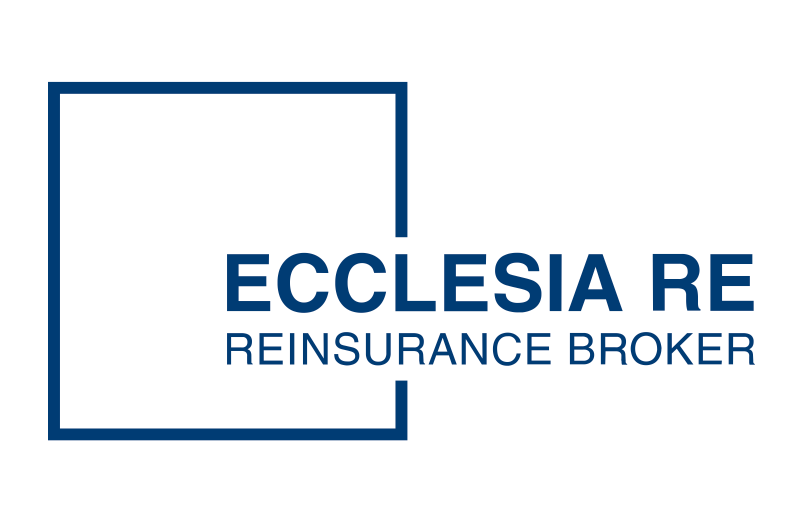Thinking about retiring early? The idea can be tempting, but before making any decisions, you’ll want to carefully consider your financial situation.
It is possible to retire early at age 55, but most people are not eligible for Social Security retirement benefits until they’re 62, and typically people must wait until age 59 ½ to make penalty-free withdrawals from 401(k)s or other retirement accounts.
People with 401(k)s at work may be able to to withdraw money early from those accounts penalty-free — if they leave their jobs at age 55 and up (this is often called the “rule of 55”).
Can I collect Social Security and other retirement benefits at age 55?
If you retire at age 55, you probably won’t be eligible to receive Social Security retirement benefits for several years or be able to withdraw money from your retirement accounts without paying a 10% early withdrawal penalty. Additionally, for most people, Medicare won’t kick in for another 10 years.
|
Typical minimum age for benefits |
|
|---|---|
|
Individual retirement accounts, or IRAs |
Although you can begin receiving Social Security benefits at age 62, that’s often not the best time to start. The Social Security Administration reduces your check by as much as 30% for life if you start taking benefits before you reach full retirement age. However, you’ll receive 100% of your benefit if you elect to wait until full retirement age, and you’ll get a bonus for every year (up to age 70) that you delay taking benefits.
One other thing to note is that the more you pay in Social Security tax (typically through payroll taxes withheld from your paychecks), the higher your Social Security retirement benefits are. Accordingly, leaving the workforce early could affect the size of your eventual Social Security retirement benefit.
Estimate your Social Security retirement benefits
Your actual benefit may be lower or higher than estimate made with this calculator, because it does not take into account your actual earnings history.
We assume you have earnings every year until you begin receiving Social Security benefits. If you had several years of noncovered employment or your earnings changed significantly from year to year, this calculator will overestimate or underestimate your benefit.
How can I bridge an income gap if I retire at 55?
Although retiring early at age 55 doesn’t make you eligible for Social Security or most government benefits for retirees, there are a few exceptions and strategies to know that could help you bridge an income gap.
Exceptions to 401(k) early withdrawal rules
In most cases, you’ll be subject to a 10% early withdrawal penalty if you take money from your 401(k) before you’re 59 ½. But according to the IRS, these circumstances may allow you to skip the penalty:
Exceptions to IRA early withdrawal rules
Generally, money taken out of an IRA before age 59 ½ is subject to a 10% early withdrawal penalty unless one of these exceptions applies:
-
You become totally and permanently disabled.
-
You have qualified higher education expenses.
-
You agree to take “a series of substantially equal periodic payments over your life expectancy.”
-
You are a first-time home buyer (for withdrawals up to $10,000).
-
You had tax-deductible medical expenses that exceeded 7.5% of your adjusted gross income.
-
You were a reservist called to active duty.
Pension plans
Depending on where you’ve worked, you may be able to take withdrawals from a pension on or before you turn 55. Check with your employer to see if you’re eligible. Teachers in California, for example, might be able to retire at age 55 if they have at least five years of service credit. Members of the U.S. military, meanwhile, typically can retire at any age after 20 years of service.
Nonretirement accounts
Although most types of retirement accounts limit how much you can contribute in a year, there are usually no limits to how much you can invest in high-yield savings accounts, stocks, bonds, mutual funds, exchange-traded funds or other investment vehicles. In particular, bonds, bond funds, dividend stocks and dividend funds might provide monthly income regardless of your age.
HELOCs
Do you own a home? If so, a home equity line of credit, or HELOC, may be an option. These loans let you borrow against the equity in your home without needing to sell or refinance your home. The fees for a HELOC vary, and you must repay the loan.








































